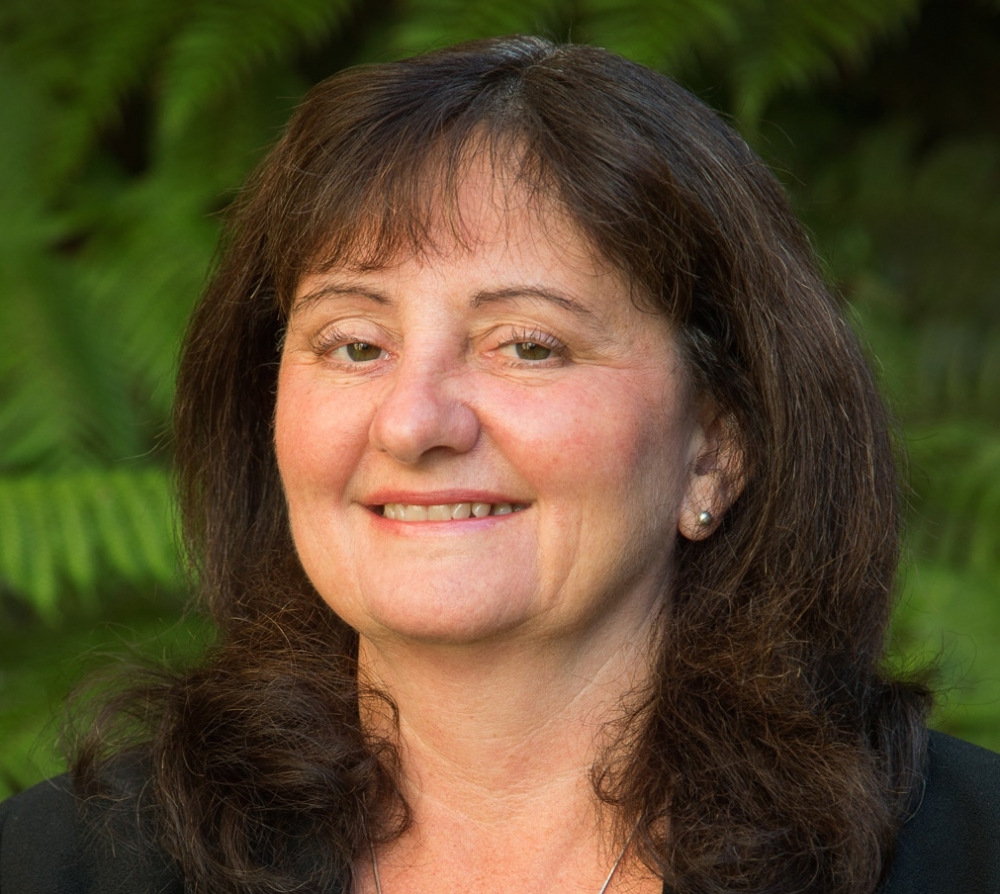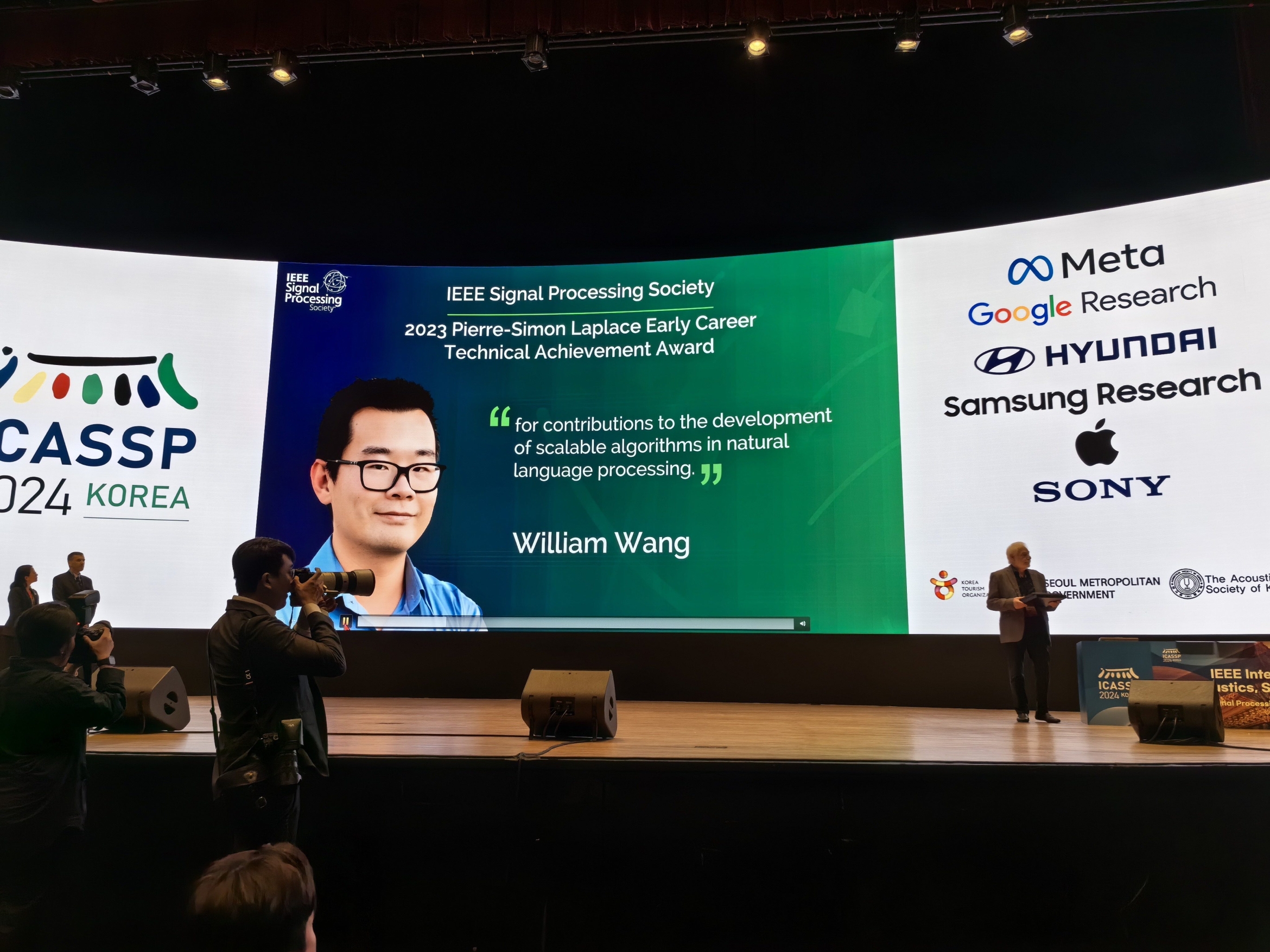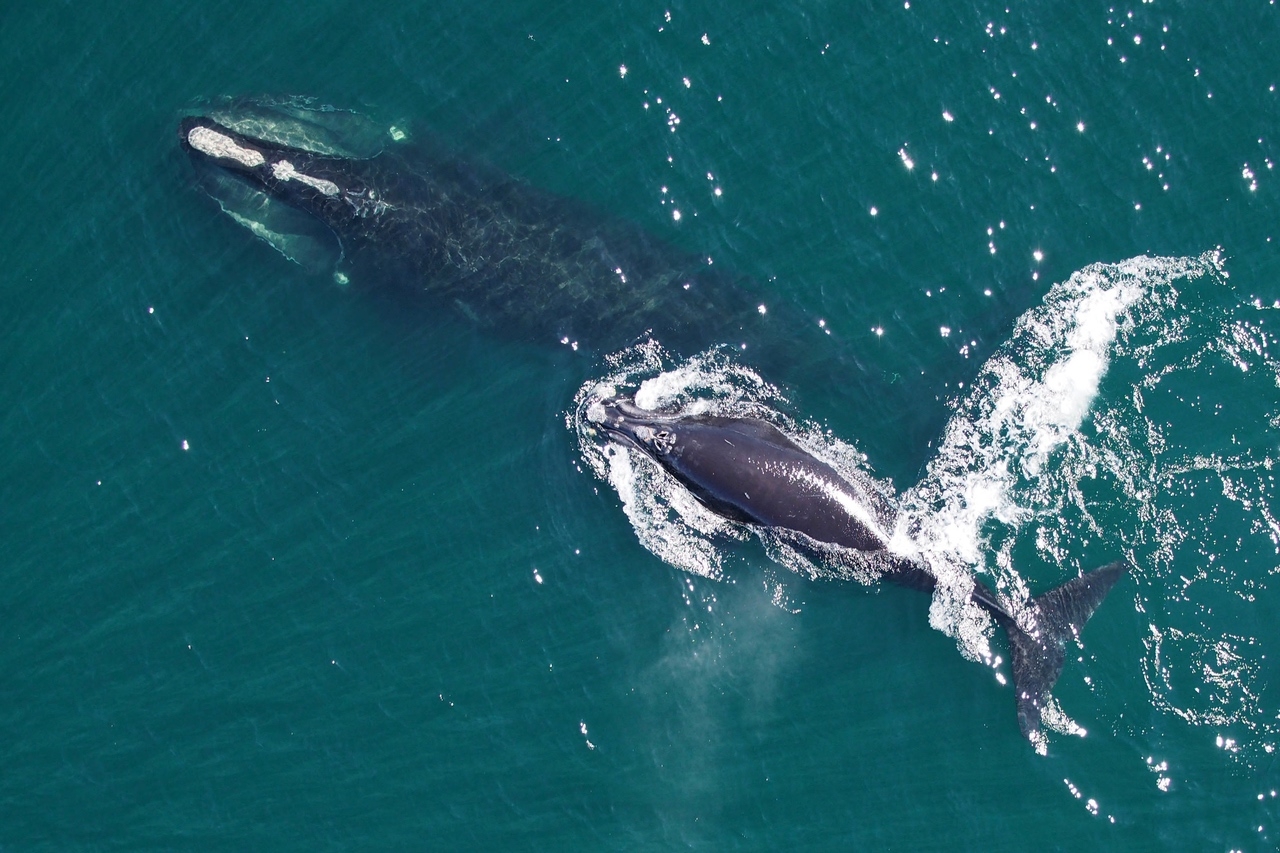
Tresa Pollock Named Principal Editor
UC Santa Barbara scientist Tresa M. Pollock has made a bit of history. The Alcoa Professor of Materials has been named principal editor of the Metallurgical and Materials Transactions (Met Trans) family of journals. She will begin her editorship on Sept. 1.
Pollock succeeds David Laughlin of Carnegie Mellon University, which has been the home of all previous principal editors in the 45-year history of the journal. She has a long association with Met Trans, having served as an associate editor since 1997.
“It is a tremendous honor to be selected for the editorship of a journal that has had substantial impact on the field of materials from its earliest days,” said Pollock, chair of the materials department. “I look forward to guiding the journal into the future with the highest standards as the field of materials evolves along with the models for publishing and scholarly dissemination of research.”
An internationally recognized leader in the science and technology of advanced structural alloys with applications in the aerospace, energy and automotive industries, Pollock launched her professional career at GE Aircraft Engines. There she developed advanced single crystal nickel-base alloys for turbine airfoils, which are now in service in advanced aircraft engines.
In 1991, Pollock joined the materials science and engineering faculty at Carnegie Mellon, moving in 2000 to the University of Michigan, where she held the L.H. and F.E. Van Vlack Professorship of Materials Science and Engineering. She became the Alcoa Professor of Materials in 2010.
“We are extremely proud that Tresa Pollock has been named editor of Met Trans,” said Rod Alferness, the Richard A. Auhll Professor and Dean of the College of Engineering at UCSB. “Her hard work and passion for the field of materials have produced rewards time and again, as she exemplifies UCSB’s commitment to innovative research. This is just the latest well-deserved accomplishment of many in her distinguished academic career.”
Pollock’s current interests span mechanical and environmental performance of materials in extreme environments, unique high-temperature materials processing paths, ultrafast laser-material interactions, alloy design and 3-D materials characterization.
Within her realms of expertise, Pollock has authored more than 275 publications. She also holds three patents.
Widely regarded as a thought leader on issues of critical importance to the field, Pollock has contributed to an array of national initiatives. Most notably, she was chair of the committee that produced the groundbreaking study “Integrated Computational Materials Engineering (ICME): A Transformational Discipline for Improved Competitiveness and National Security,” released by the National Research Council of the National Academies in 2008. This study identified the tremendous potential of ICME in accelerating materials and manufacturing innovation and contributed to the wide spectrum of activities now underway in the national Materials Genome Initiative.
Pollock’s numerous awards and honors include election to the National Academy of Engineering in 2005 and induction as a fellow of The Minerals, Metals & Materials Society (TMS) in 2009 “for seminal contributions in the understanding of high-temperature alloys and for distinguished leadership in materials education and the materials profession.” In 2005, she was the first woman to become TMS president. Her extensive volunteer leadership with the organization includes a term on the board of directors as director/chair of the Structural Materials Division. Pollock received her bachelor’s degree from Purdue University and holds a Ph.D. from the Massachusetts Institute of Technology.
Jointly published by TMS and ASM International (formerly known as the American Society for Metals), Metallurgical and Materials Transactions was founded as the Metallurgical Transactions journal in 1970. The publication has since expanded to encompass three highly respected, peer-reviewed archival journals for metallurgy and materials science.
Met Trans A is a monthly publication focused on physical metallurgy and materials science. Met Trans B publishes contributions bimonthly on the theoretical and engineering aspects of the processing of metals and other materials. Met Trans E, launched in 2014, is a quarterly journal exploring the science of materials being investigated or applied to address unique aspects of current and emerging energy technologies.
“There is no doubt that A, B and E under Tresa will not just retain but grow their reputations as capstone publishing destinations,” said TMS executive director James J. Robinson.



